The Supreme Court of Spain has ordered a literary scholar to pursue retractions of nine works it determined were plagiarized.
The Tribunal Supremo upheld a lower court’s ruling that narrative theory researcher Franciscó Álamo Felices, a professor at the University of Almería in Spain, plagiarized a colleague’s work in two books and seven articles. José R. Valles Calatrava, a literary theory professor at the same university, sued Felices in 2019 for infringement of his intellectual property rights.
That lower court found Felices responsible for “a huge amount of plagiarism at different times and in different articles, revealing a systematic and conscientious parasitic attitude and a desire for appropriation,” according to a translation of the ruling by DeepL Translate. In an October 2025 decision, the Tribunal Supremo dismissed an appeal by Felices against the ruling, finding he failed to demonstrate any fundamental errors of law.
Continue reading Spanish court rules researcher plagiarized colleague, orders withdrawal of works
 For a host of reasons, a journal has retracted a paper co-authored by a researcher who reportedly once faced charges of practicing medicine without proper qualifications.
For a host of reasons, a journal has retracted a paper co-authored by a researcher who reportedly once faced charges of practicing medicine without proper qualifications. 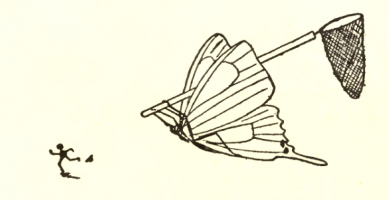
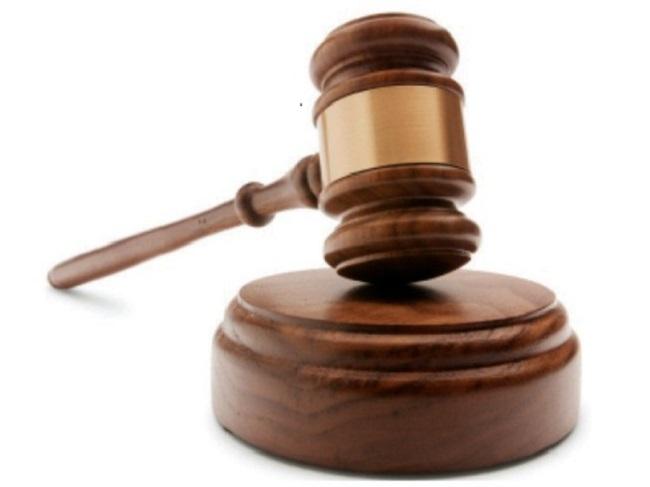


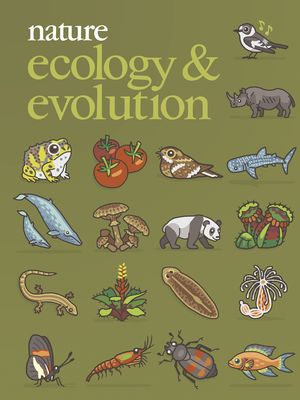 Last month,
Last month, 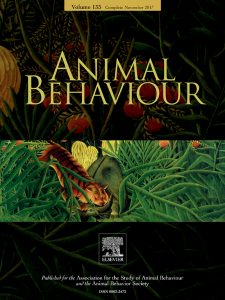
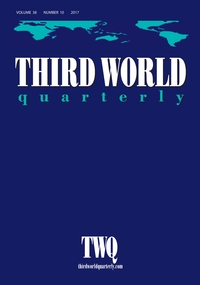 A journal has withdrawn an essay
A journal has withdrawn an essay 